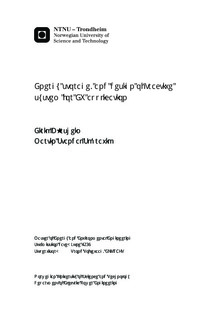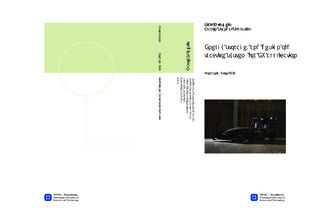| dc.description.abstract | The efficiency and specific power of electrical motors have for decades been superior to the combustion motors. With the arrival of modern permanent magnet motors the advantage of electrical propulsion for vehicles now greater than ever. Energy storage has previously been the restraining factor, but with the arrival of stable durable lithium ion batteries the conventional car market has seen an exponential increase in the sales of electric vehicles. This development has also been picked up by the racecar niche markets and new full electric racecar competitions are being conceived all over the world. The purpose of the work presented in this thesis is to design, build and test a tractive system accumulator system for a prototype racecar.
In the thesis work, an extensive literature study and market survey is performed to evaluate the energy storage technology relevant for the system. Lithium - CoO2 cells are chosen for their high energy density and have been subjected to testing with regards to performance in load situations relevant to racing operation and evaluation of the Peukert s effect. Cycle life is also evaluated for the variable load and the effect of resting the battery during discharge is studied. Using the Simulink add in for Matlab, a battery system model is developed, calibrated and used to estimate the required capacity in a battery system.
A complete automated system monitoring battery parameters and insulation quality as well as allowing manual shutdown is designed and presented. The system was thoroughly tested with regards to functionality using a water break setup prior to installation in a prototype racecar. The effect of EMI in EV is discussed and tested.
Tests indicate that the Peukert s effect for LCO batteries is far inferior to the modern lead acid batteries, and that a good approximation can be achieved for the variable load situation when modelled with the average current. Lifespan of the LCO batteries is proven to be affected positively in the variable load case and further improved by allowing the battery a rest time during discharge. The complete system is installed in a race-car and show excellent performance. | |

